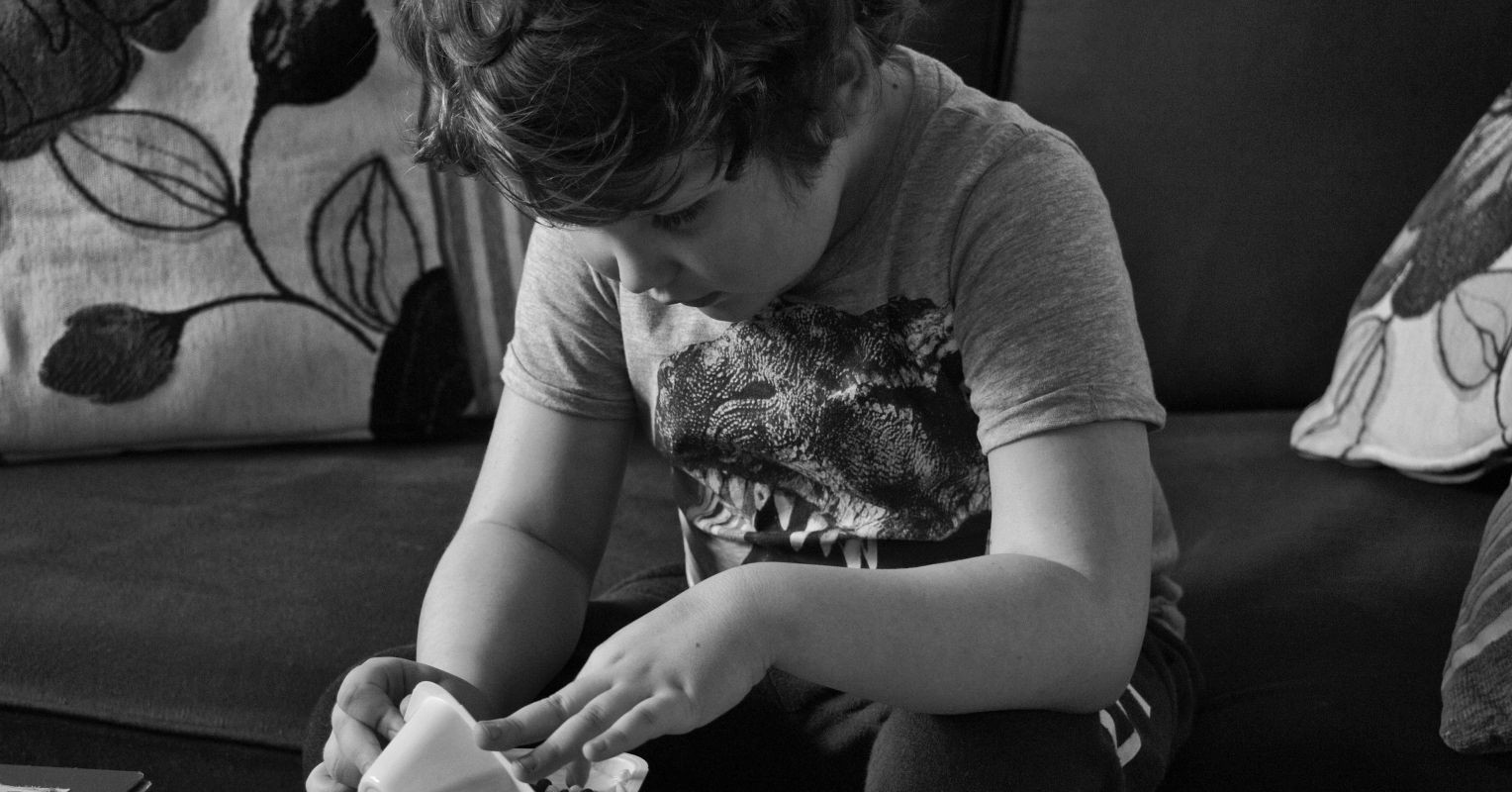
"I recently met Billy, a 12-year-old boy with severe autism. He had been growing well but, at around age 3, he became increasingly delayed in speaking and walking. As he got older, he would frequently scream inconsolably when upset. and have temper tantrums and meltdowns, spilling and throwing food all around him, and difficulty understanding spoken language or learning. Eventually, testing showed that he had an IQ of 70-in the category of intellectual disability."
"As part of the study, Billy and his parents underwent genetic testing, which revealed that he had a new, or " de novo," mutation that neither of his parents possessed, an error in the " cutting and pasting" of his DNA. As an embryo rapidly copies DNA, creating billions of cells to form an infant, mistakes occasionally get made. We each have about 1,000 of such errors."
Vaccines do not cause autism. New de novo genetic mutations account for around 30% of autism cases. Embryonic DNA copying errors create roughly 1,000 mutations per person, mostly harmless but sometimes causative. Environmental exposures such as pesticides, infections, and other chemicals can contribute to autism risk. Anti-vaccine rhetoric discourages immunization, causing outbreaks of measles and threatening spread of polio and influenza, with potential loss of life. Research into genetic and environmental causes should be prioritized. Stigma reduction, greater appreciation, and accommodations for neurodiverse people are necessary to improve outcomes and inclusion.
Read at Psychology Today
Unable to calculate read time
Collection
[
|
...
]